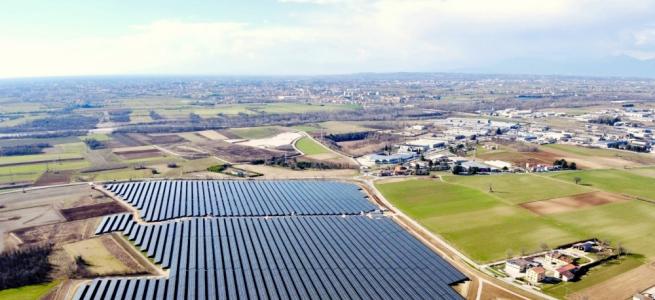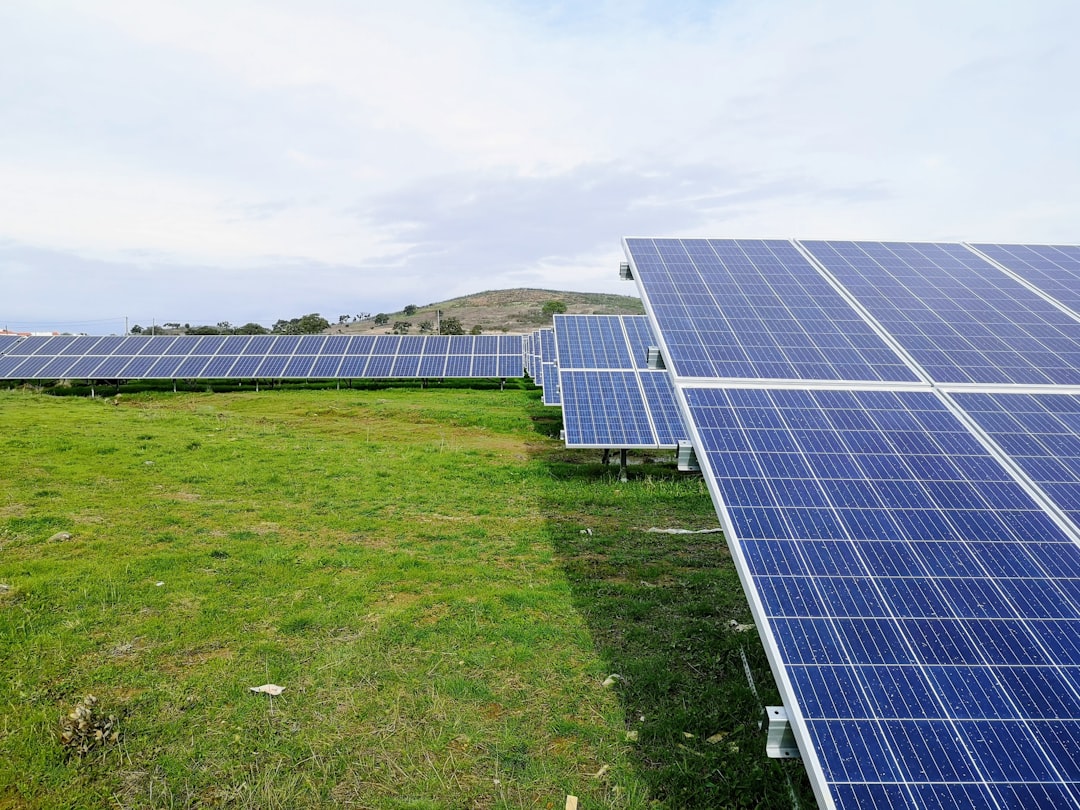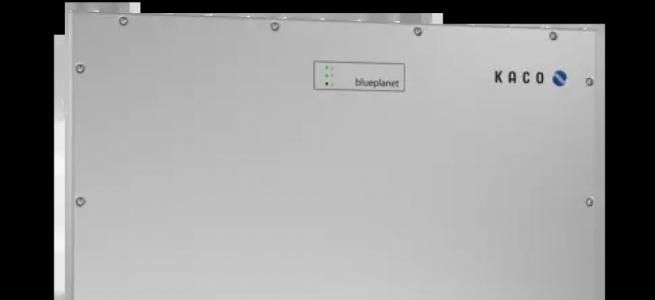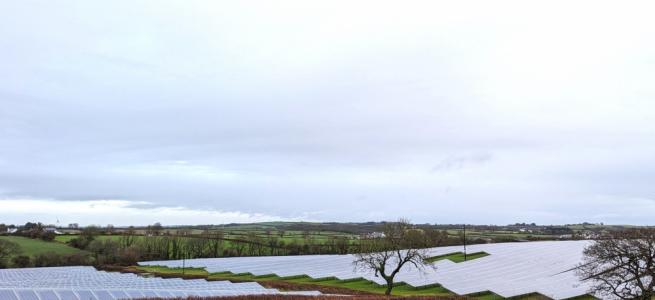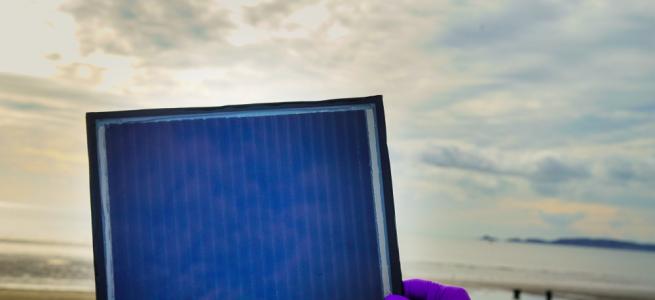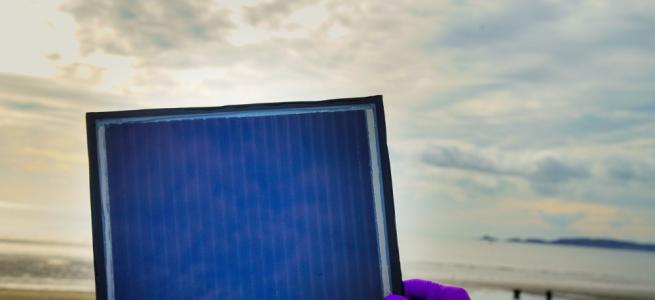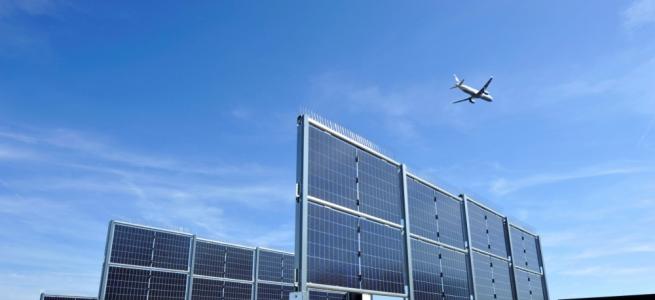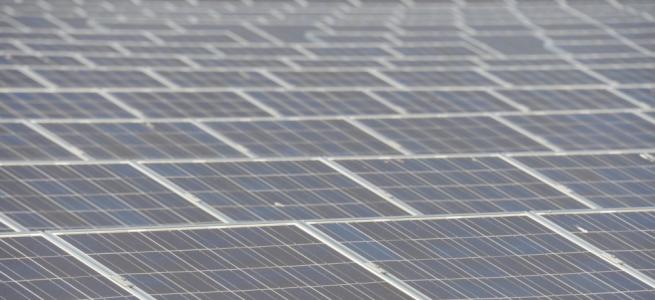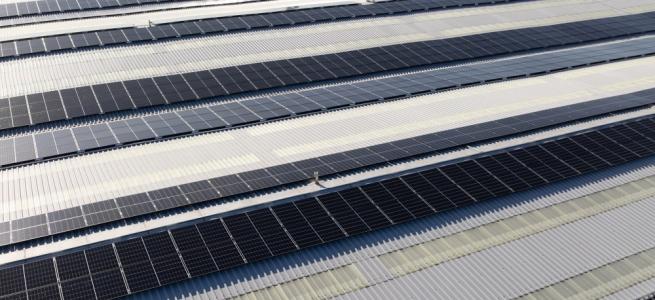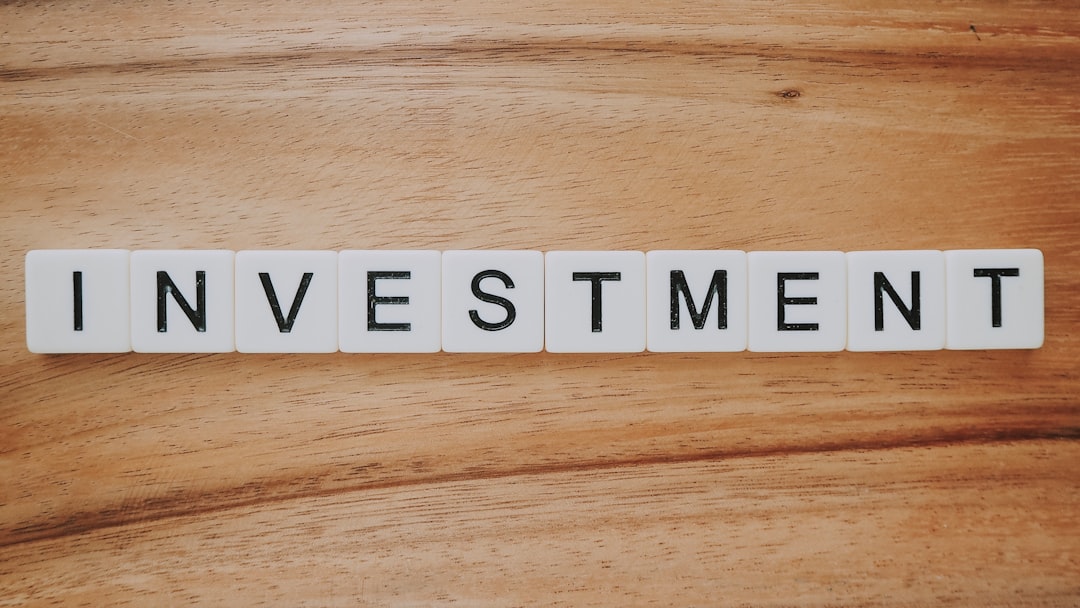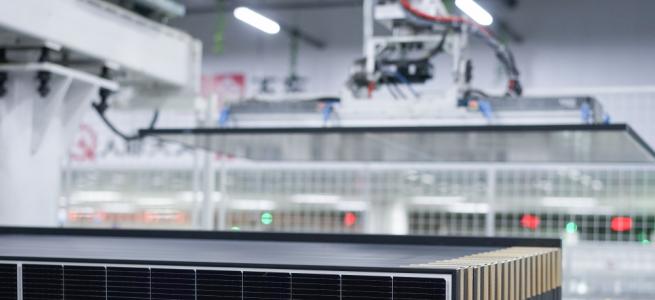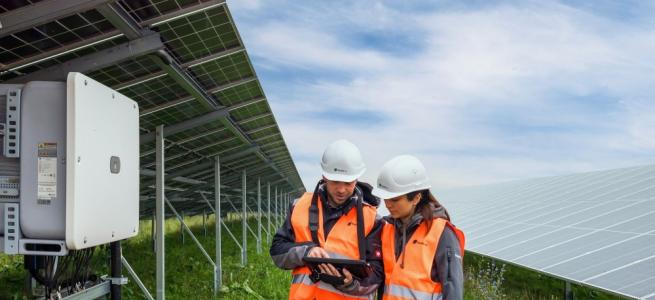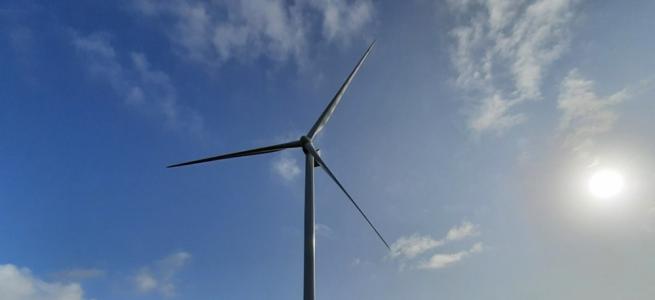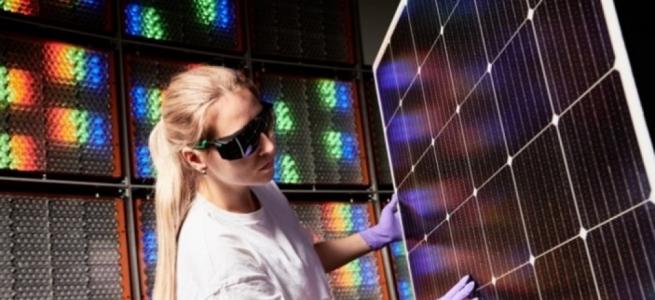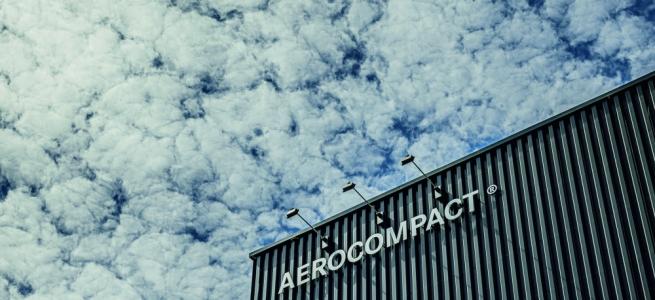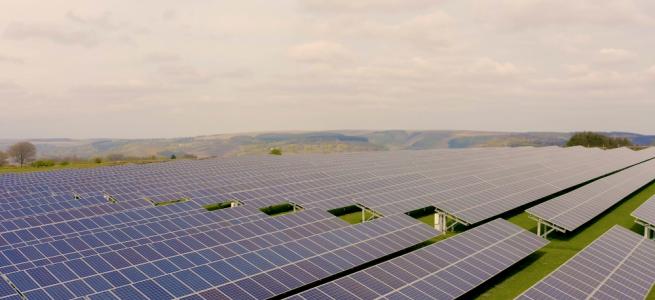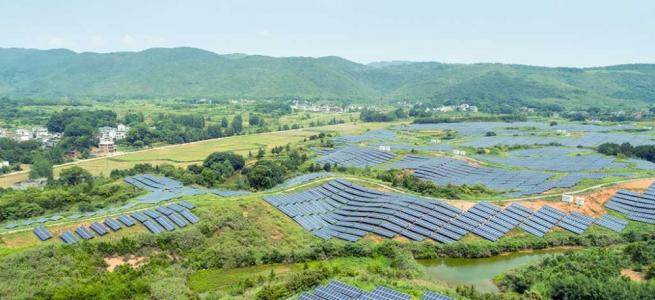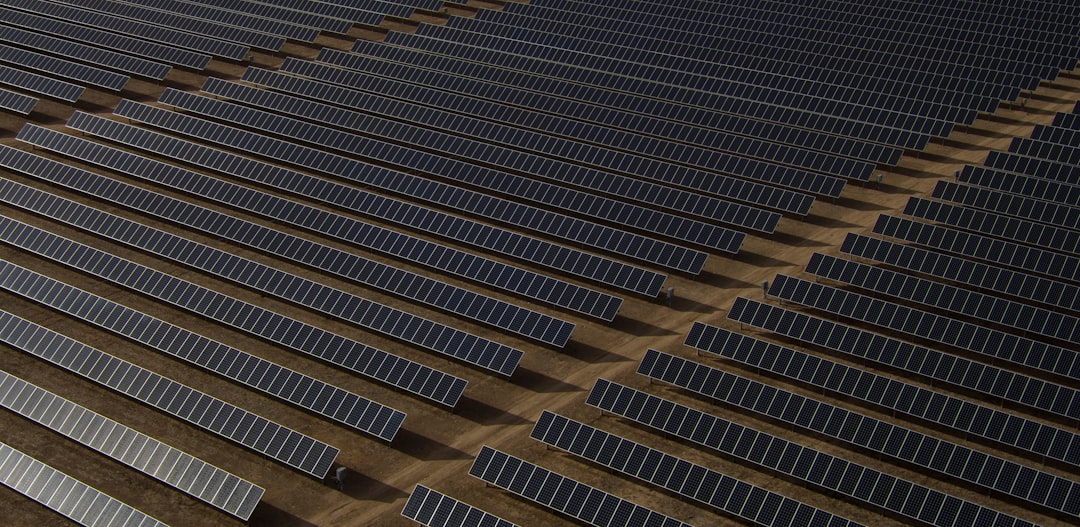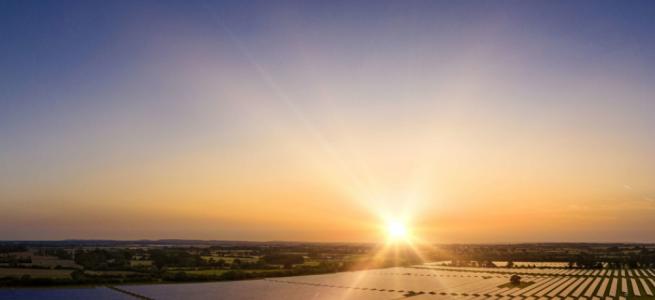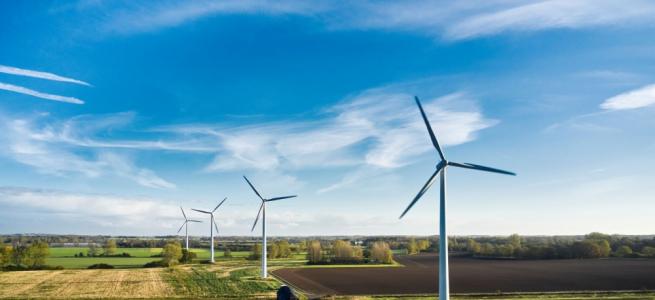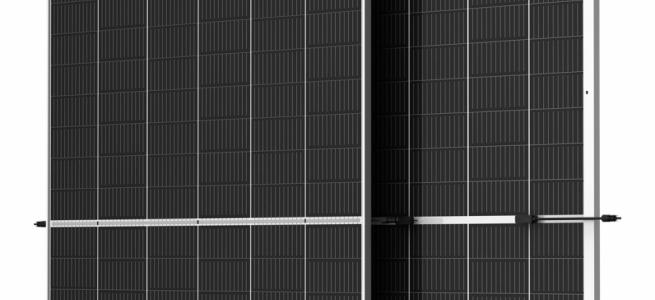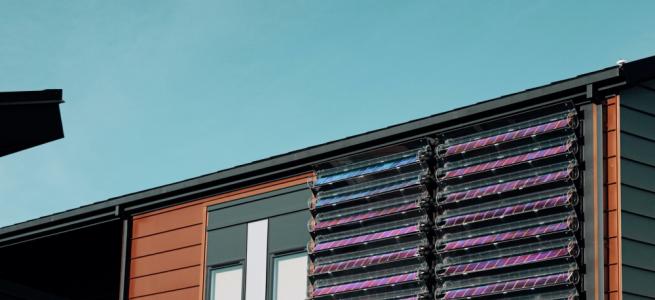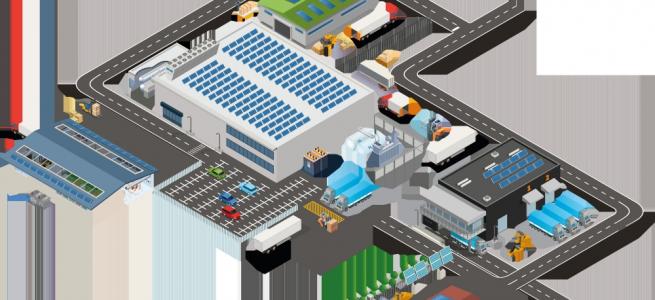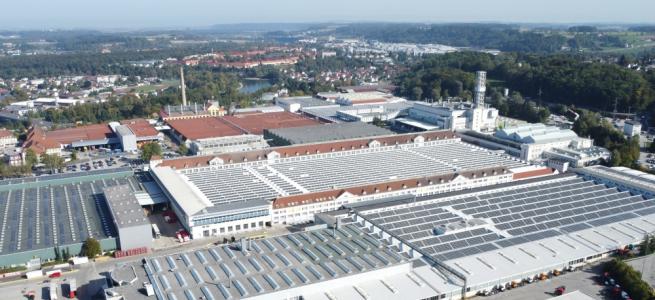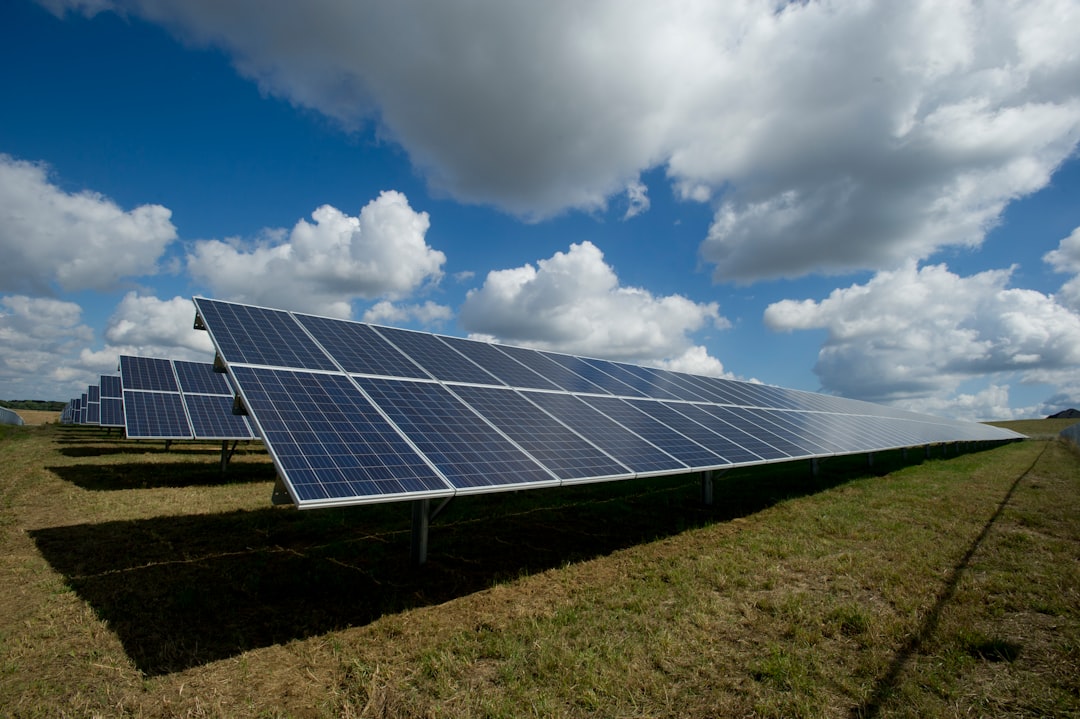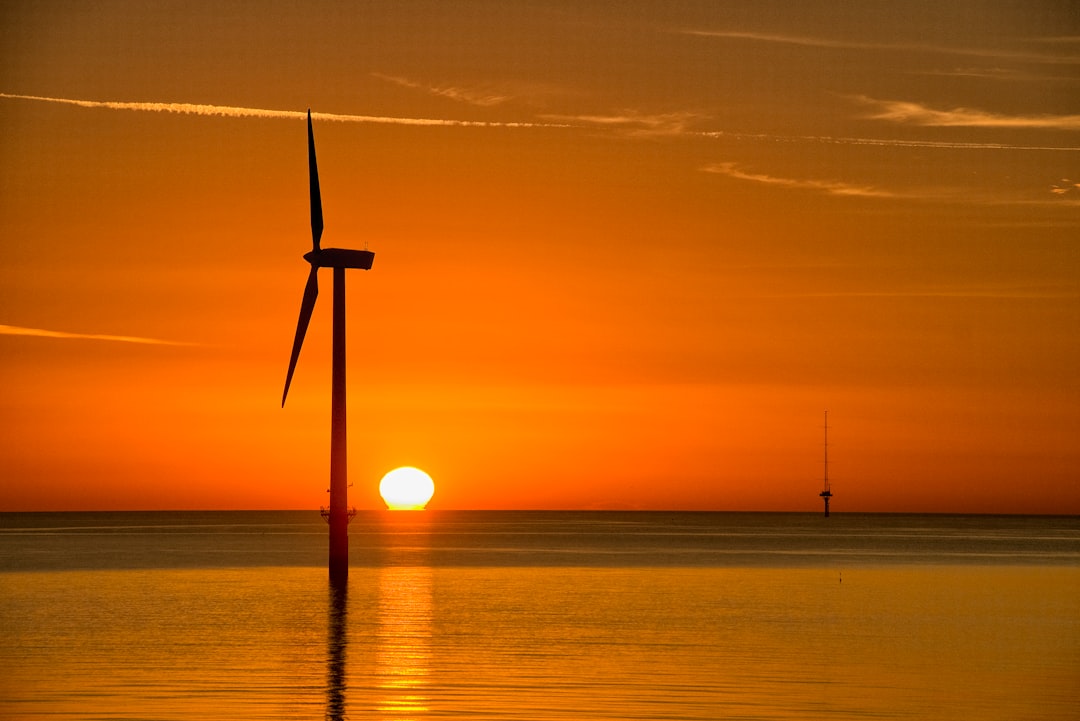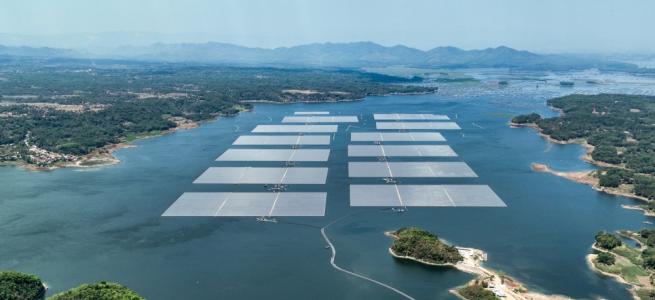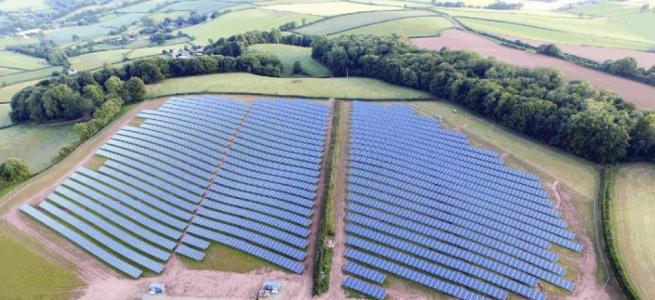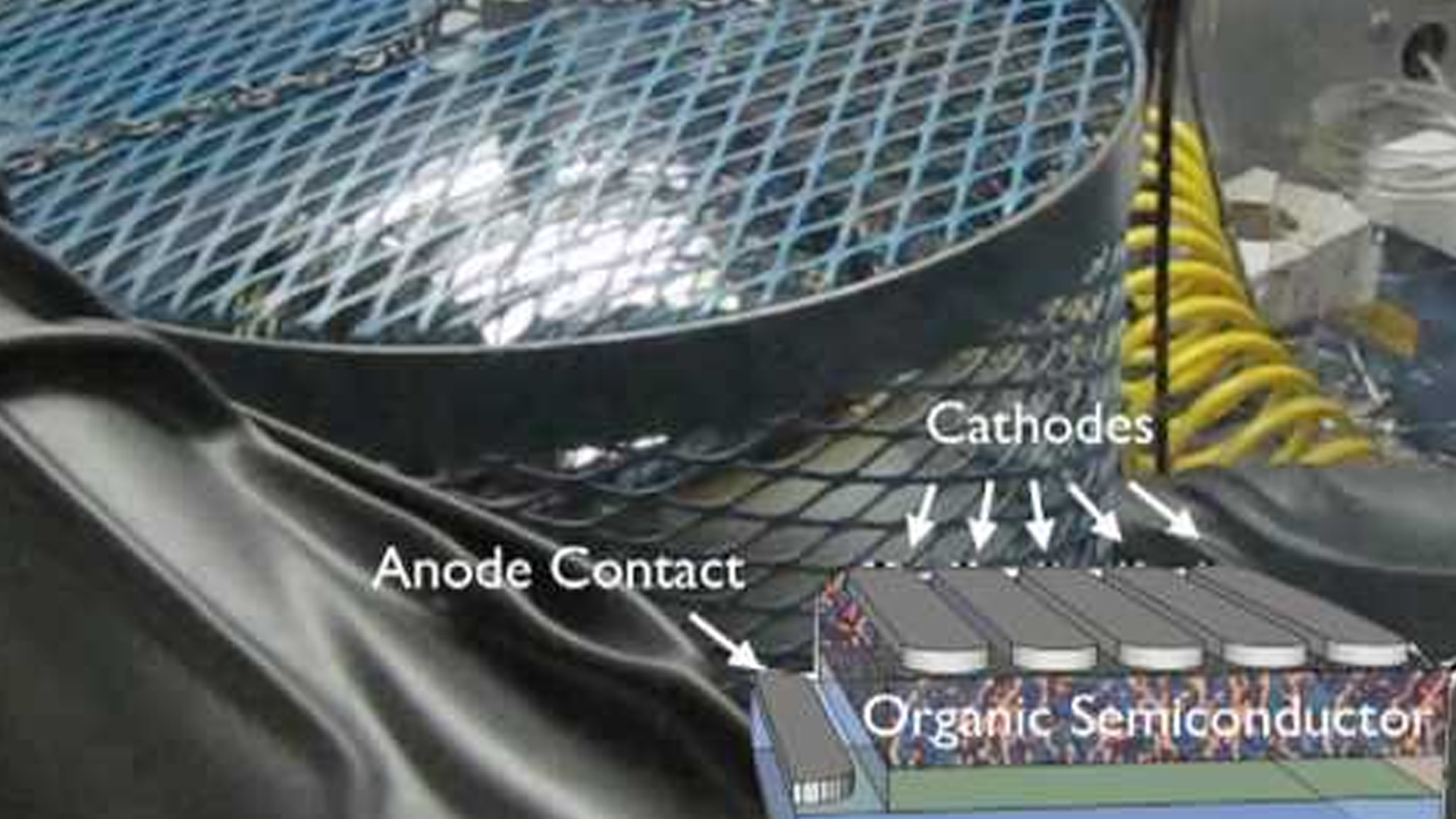German renewable support for energy intense firms under EC scrutiny
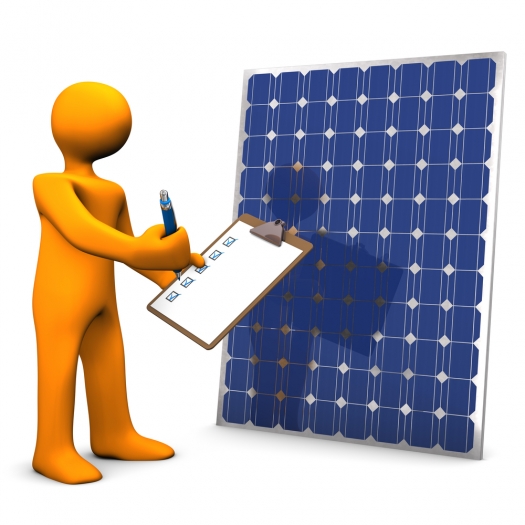
The European Commission has opened an in-depth investigation to examine whether the reduction granted to energy-intensive companies on a surcharge for the financing of renewable energy sources in Germany (the so-called "EEG-surcharge") is compatible with EU state aid rules. Under the Renewable Energy Law as amended in 2012, energy intensive industries are granted reductions on the EEG-surcharge. The Commission will also investigate the reduction on the EEG-surcharge granted when a supplier sources 50% of his electricity portfolio from domestic renewable electricity. The opening of an in"‘depth investigation gives third parties an opportunity to comment on the measure under assessment. It does not prejudge the outcome of the investigation.
The Commission has examined the EEG-Act 2012 during a preliminary investigation triggered by numerous complaints received from consumers and competitors. In 2012, the EEG-Act was substantially amended. The amendments have changed the structure of the German support mechanism to electricity from renewable sources in such a way that it constitutes state aid in the meaning of EU rules, because it is financed by a resource under the control of the state. The EEG-Act 2012 provides for a surcharge to be imposed on the consumption of electricity. The surcharge is to be managed by the four German transmission system operators according to detailed rules established in the EEG-Act 2012 and implementing regulations. The regulator is in charge of the monitoring of the management of the surcharge. By contrast, the previous system introduced in 1998 was based on a purchase obligation and was found by the Court of Justice not to constitute state aid (Case V-379/98 PreussenElektra).
The Commission has found that the public support to producers of renewable electricity granted under the EEG-Act 2012 in the form of feed-in tariffs and market premia constitutes aid but is in line with the Commission's 2008 guidelines on state aid for environmental protection.
By contrast, at this stage the Commission has concerns that two aspects of the EEG-Act may not be in line with EU state aid rules:
- The surcharge reduction for energy intensive companies appears to be financed from a state resource. The reduction is available only to undertakings of the manufacturing sector having a consumption of at least 1 GWh/a and with electricity costs representing 14% of their gross added value. The reductions seem to give the beneficiaries a selective advantage that is likely to distort competition within the EU internal market. The current state aid guidelines do not foresee the possibility of such reductions. At the same time, the Commission considers that under certain conditions, reductions on the financing of renewable electricity may be justified for energy-intensive users in order to prevent carbon leakage. In parallel to the investigation, the Commission is inviting stakeholders to comment on possible criteria that could be included in the forthcoming guidelines (see IP/13/1282). The Commission will therefore carefully examine whether the reductions for energy-intensive companies can be justified and whether they are proportionate and do not unduly distort competition.
- The "green electricity privilege" (§39 of the EEG-Act) could possibly result in discriminatory taxation. The reduced EEG-surcharge is available to suppliers only if 50% of the electricity portfolio is sourced from domestic renewable electricity produced in plants that are not already more than 20 years in operation. This seems to discriminate between domestic and imported electricity from renewable sources produced in similar plants. In the formal investigation, the Commission will examine in more detail whether the discrimination would exist only in so far as the imported electricity has not already benefitted from support in the country of origin.
Opening an in-depth investigation does not prejudge its outcome. It allows Germany and third parties to comment on the measure under review. It also allows third parties to bring forward information that can help better understand the impact of the surcharge on possible risks of relocation and the impact of the reductions on competition.
In a context of reforms of support systems for renewables in several Member States, the Commission is in the process of revising the Guidelines on state aid for environmental protection. This reform aims to promote electricity from renewable sources in order to achieve the EU's 2020 targets while also reducing distortions of competition in the electricity market stemming from the state aid granted to renewables. The reform also aims to increase the cost efficiency of such support measures, to the benefit of electricity consumers. The public consultation on the future energy and environmental aid guidelines (see IP/13/1282 ) gives stakeholders the opportunity to comment on the reform of EU state aid rules for the support for electricity production from renewable sources.


